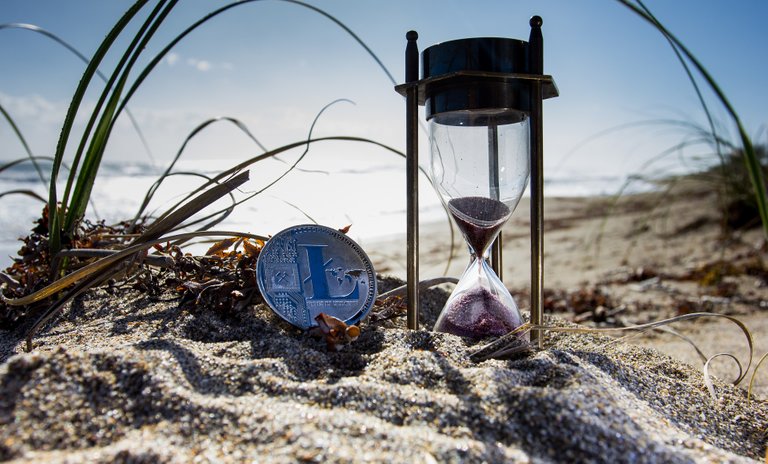Tips 1) It isn't far better to hold cash than investments.

The belief that it is better to put your money under the mattress than in financial markets is quite fantastic. And we're not talking about the "inflation", which increases the end cost of goods and services causing the absolute, unitary value of the currency to slowly depreciate over time, meanwhile, the interest rate on a savings account does not allow it to earn a return above inflation either. Unlike holding cash on a bank account: even if it shows temporary losses, the return is mostly positive over the long term, at least for a majority of assets in the field of cryptocurrencies. Whoever wishes to protect his fortune and his standard of living has every interest in investing his money in multiples baskets rather than favoring holdings in highly available and highly inflating stocks or currency even if such pool of value can seem more stable due to the regulation of its absolute value trough absolute inflation.
Tips 2) Who knows exactly when to invest?

Everyone desire the maximum return on investment. And we seem to employ a seemingly simple solution to this: invest when the gains are attractive and sell when a threat of loss looms. Because of this theory, in practice, the exercise is not so easy. It takes a lifetime to know when to invest best.
Tips 3) A long-term investment is often worth it better than a short one.

Negative events, such as the financial crisis of 2008, take their toll and give the impression that the long-term investments are not worth it because of the risks. However, it is the opposite: if we look at the performance of the MSCI World index from 1971 to the present day, we only count 13 years of negative performance, while 37 are in positive territory. An investor should pay more attention to positive years, and even calm ones, because at the end of the day, every period count, even calm ones.
Tips 4) Who doesn't have a rational investing behavior?

The theme of investments is often linked to a strong emotional charge. Few investors manage to stay rational when it comes to their monetary loss. A rise in prices encourages betting on additional gains. Conversely, some investors have already sold their investment in a movement of panic in the wake of a downturn course in anticipation of further losses. Such emotional decisions are bad. Guided by emotions rather than facts, the investor inevitably lags behind the market: he invests too late and sells when the losses have already crystallized. It also misses the turnaround which, from a purely rational point of view, follows every stock market crash.
Tips 5) Most people don't invest better than most people.

Maximum return - this is the aspiration of every investor. However, many people overestimate their skills in this area. They tend to ignore risk recommendations! And they believe they can outperform the market. This approach is rarely a source of success. In most cases, it rather results in a derisory return or even a loss. Experience shows that when it comes to investing, you need to invest in line with your own risk and return profile. The combination of experienced financial market specialists and a systematic investment process allows you to optimize returns with the right level of risk. Conversely, investors who ignore the risk-return balance tend to underperform because they mismanage their reasoning of reason at the stake of instinct.
Written by https://wallet.crypto.red/.